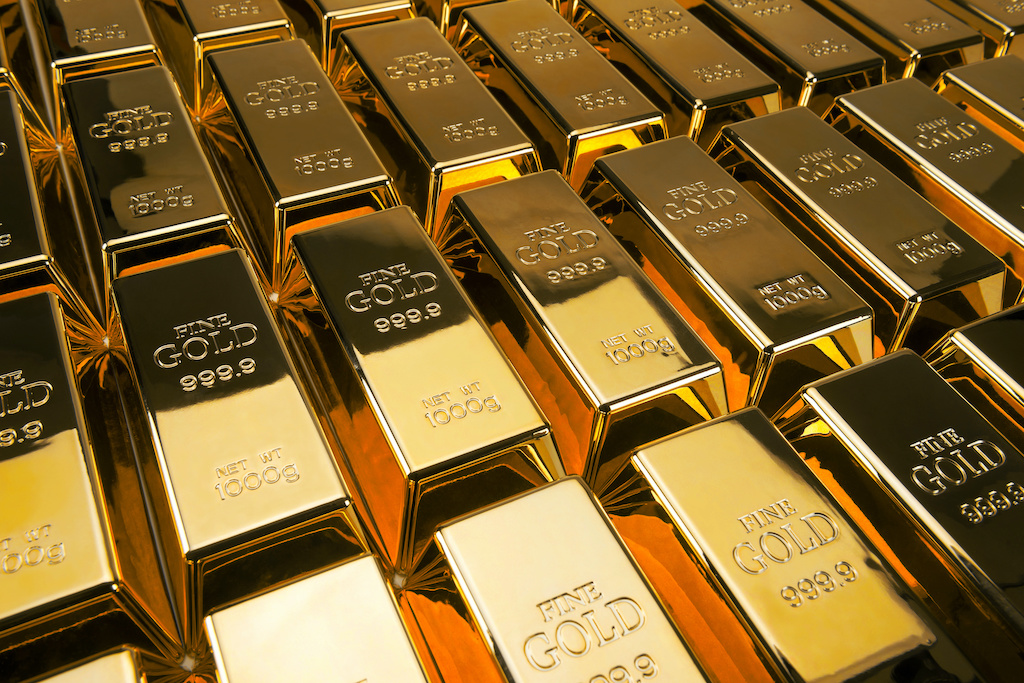




January Economic Update: Growth slows, prices rise
 DOWNLOAD
DOWNLOAD

Inflation Update: Up, up, and away?
 DOWNLOAD
DOWNLOAD

Quarterly Economic Growth Release: Growth takes on a slower pace
 DOWNLOAD
DOWNLOAD


Gold jumps as investors dash for safe harbours after Middle East clashes

Oct 9 – Gold prices climbed more than 1% on Monday as dramatic clashes between Israeli and Hamas forces over the weekend raised the risk of a wider Middle East conflict and spurred a rush to safe-haven investments like bullion.
Israel pounded the Palestinian enclave of Gaza on Sunday, killing hundreds of people in retaliation for one of the bloodiest attacks in its history when Islamist group Hamas rampaged through Israeli towns on Saturday.
Spot gold jumped 1% to USD 1,849.90 per ounce by 0753 GMT, having hit its highest level in a week. US gold futures climbed 1.1% to USD 1,864.50.
“Gold has regained its safe-haven status following the geopolitical events over the weekend,” City Index Senior Analyst Matt Simpson said.
“We see the potential for gold to head for USD 1,880, but unless we see bond yields move materially lower, I doubt it can break USD 1,900 any time soon.”
The spiralling violence threatens to start a major new war in the Middle East, sending oil prices higher and boosting the demand for safe-haven assets like Treasuries, the dollar and the Japanese yen along with gold.
Gold rebounded sharply from seven-month lows hit on Friday, but its upside remained capped by strong US economic data that has bolstered the view that the Federal Reserve is unlikely to end its monetary policy tightening cycle in the near term.
Last week, data showed that US employment increased by the most in eight months in September, pointing to persistent labour market strength. A hot inflation print later in the week could pave the way for another US interest rate hike this year.
Higher US rates raise the opportunity cost of holding gold, which yields no interest. Investors are also focused on the minutes of the US central bank’s September meeting due on Wednesday.
Among other metals, spot silver gained 0.3% to USD 21.66 per ounce, platinum advanced 0.6% to USD 881.91 and palladium fell 0.4% to USD 1,152.96.
(Reporting by Swati Verma in Bengaluru; Editing by Subhranshu Sahu, Sohini Goswami and Janane Venkatraman)
This article originally appeared on reuters.com





 By Reuters
By Reuters